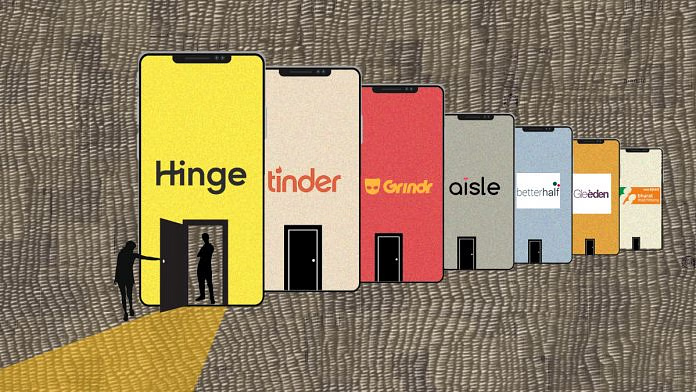As over 50,000 tech jobs disappear in early 2025—due to AI disruption, cost-cutting, and downsizing—many professionals are reevaluating their career paths. According to Layoffs.fyi, this latest wave has impacted major companies like Microsoft, Meta, CrowdStrike, and Block.
Amid this turbulence, a viral Reddit post challenges a common narrative. It states, “Across the internet, there’s a claim that most tech jobs have shifted from the US to India. But I just checked LinkedIn—there are 11,000 ‘software engineer’ job postings in the US in the last 24 hours, compared to about 5,000 in India. When you factor in population differences, the US has roughly 10 times more software engineer jobs per capita. So why all the complaints? While H1B visa holders face different challenges, Americans still hold most of the job opportunities globally.”
The post sparked many interesting reactions. One user shared, “I have interacted with professionals in the West, and they’re not accustomed to the fierce competition we face here. There was a time when just completing coding bootcamps could land you a big tech job. Now, even with a CS degree and relevant experience, it’s tough to secure a role. Plus, we can endure months—sometimes even a year or two—without work. In contrast, because of high living costs and debt, Western workers find it harder to survive even a few months unemployed.”
Another user added, “This is accurate. Additionally, academically gifted Indians tend to have a much stronger work ethic. From my experience working with both Indians and Americans, top Indian talent often goes above and beyond—working on holidays and outside regular hours—due to intense competition. Americans are not used to this level of dedication. Also, this is the first time Americans have had to directly compete with Indians living in India, not just outsourced mass labor.”
The commenter further claimed, “US companies can now hire talented Indians remotely for half the cost, and these Indian professionals deliver high-quality results. Working for US companies often feels easier compared to Indian companies, where the work-life balance is poor and weekend calls are common. Moreover, Indian culture’s collectivism means many live with parents before and after marriage, with family support covering housing and education costs. This cushioning contrasts sharply with American workers burdened by student loans, rent, and living expenses, which contributes to resentment when high-paying jobs don’t materialize despite heavy investment in education.”
Meanwhile, some pointed out, “There are many ‘ghost’ job postings in the US, primarily for H1B visa processes—to appear as if local talent can’t be found, justifying foreign hires.” Others noted, “Companies want to hire workers who accept lower pay while delivering strong outcomes.”
Reflecting on the past, a user reminisced: “Long ago, jobs like accountant, BPO agent, sales executive, front desk, and telecaller didn’t demand top talent or long hours but still paid well. One family member working in these roles could support a family of six in suburban housing, with kids attending good public schools, two cars, community gatherings, and a 9-to-5 workweek. This was the Great American Dream—comfortable, stable life. Now, those jobs either no longer exist or pay rock-bottom wages. Life and that dream are fading. That’s what people are really upset about—it’s not about the absence of jobs but the disappearance of ‘low-hanging fruit’ jobs.”
A similar sentiment exists in India, where despite many opportunities, there is strong demand for government jobs offering retirement benefits, job security, and housing. The challenge is that current roles require hard work—something many shy away from.
Another user explained, “An Indian in India can apply for all job openings posted online, but an Indian in the US faces far more restrictions due to H1B visa requirements. Also, many Indian fresh graduates don’t rely solely on online applications; companies like Amazon and Microsoft recruit directly on campuses—a system largely absent in the US. Thus, comparing online job postings alone misses a big chunk of hiring. Additionally, many companies list openings on platforms like Naukri rather than LinkedIn, which further skews comparisons.”




















